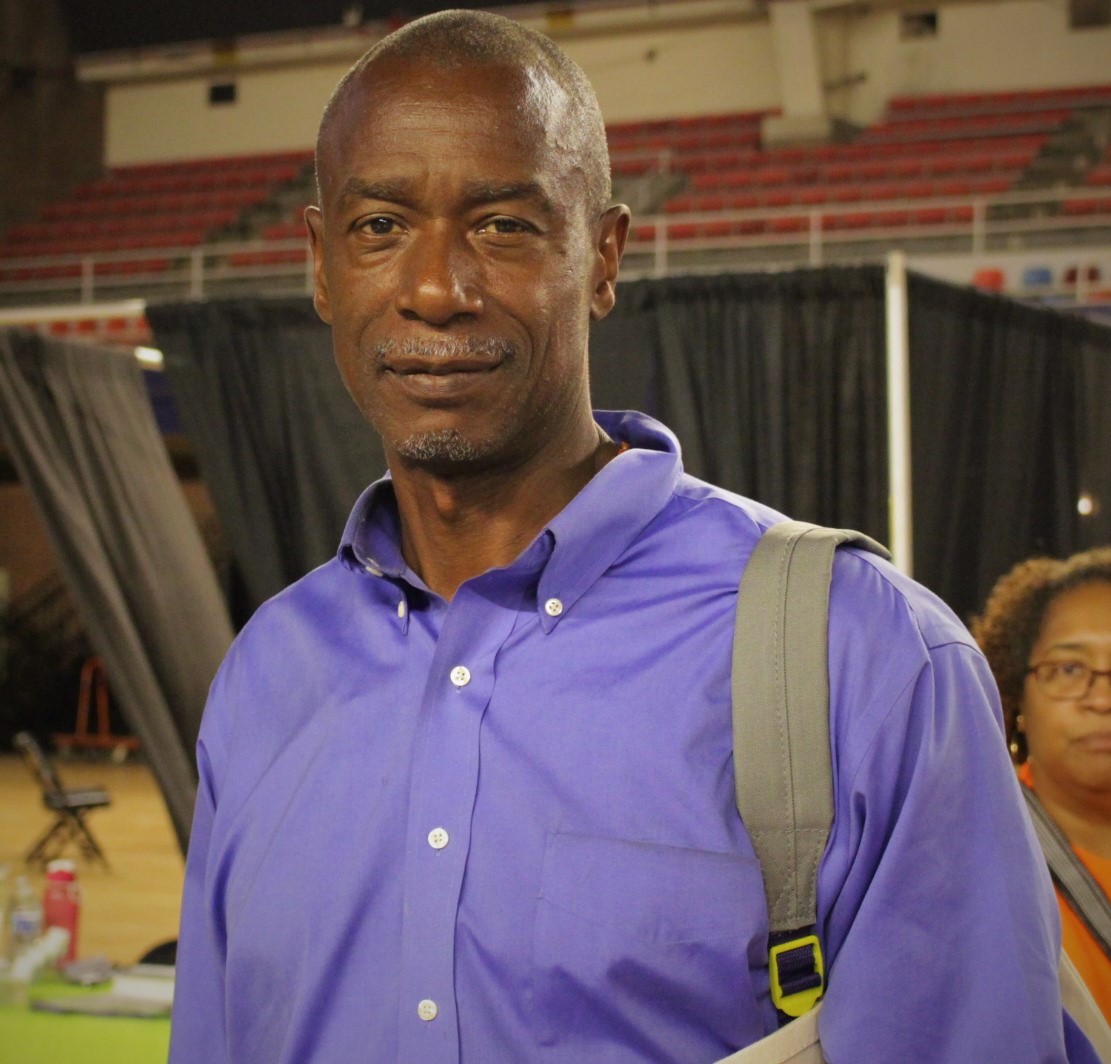Help a Veteran
Attorneys: Volunteer

- A Summary of the Pro Bono Program
- What Does a Volunteer Commit To?
- The Benefits of Volunteering
- Resources Provided to Volunteers
- FAQs
- The History of the Pro Bono Program
- For More Information
If you want to volunteer or need any additional information that is not covered below please contact Courtney Smith, Senior Director, CAVC Practice at (202) 733-3323 or Courtney.Smith@vetsprobono.org
A Summary of the Pro Bono Program
 The Program works as follows: We provide training free of charge to attorneys who agree to counsel and/or represent a veteran/VA claimant or family member before the Veterans Court. As well as receiving the day-long training, attorneys who participate are assigned a case that has been screened for merit and provided a screening memo outlining the issues in the case. Volunteers are also assigned a mentor (a practicing veterans' law lawyer or practitioner) to give advice and share sample pleadings. Attorneys also receive the Veterans Benefits Manual (VBM) and other resource materials.
The Program works as follows: We provide training free of charge to attorneys who agree to counsel and/or represent a veteran/VA claimant or family member before the Veterans Court. As well as receiving the day-long training, attorneys who participate are assigned a case that has been screened for merit and provided a screening memo outlining the issues in the case. Volunteers are also assigned a mentor (a practicing veterans' law lawyer or practitioner) to give advice and share sample pleadings. Attorneys also receive the Veterans Benefits Manual (VBM) and other resource materials.
What Does a Volunteer Attorney Commit To?
Attorneys who participate receive free training in exchange for a commitment to handle at least one appeal that is before the Veterans Court. Attorneys with little or no prior veterans' law experience are generally able to capably represent an appellant before the Veterans Court provided they attend the training seminar and maintain contact with their mentor. Most cases can be completed in 50 to 60 hours; many cases may require fewer hours. A typical case lasts about 1 year from the time that the attorney enters the case. Some cases may be resolved more quickly and some may take longer.
The Benefits of Volunteering
The main benefit of volunteering to counsel and/or represent a veteran in an appeals case is that the veteran will receive the help he or she needs to prove entitlement to VA benefits. In addition, participating in the Pro Bono Program offers several other advantages:
- The Program provides one of the few opportunities to obtain appellate litigation experience while performing pro bono service. Most cases involve appellate brief writing and some cases may involve oral argument.
- Representation before the Court can provide an opportunity to make new law since the Court is still relatively new and cases may present issues of first impression.
- The Program provides significant support and training to ensure that your time is used effectively. Cases are prescreened for merit in advance of assignment; volunteer attorneys are quickly oriented to the case with a memorandum describing the facts and legal issues; further assistance is available from the assigned mentor; volunteer attorneys participate in an in-depth full-day training seminar by experts and receive a detailed practice manual.
- Malpractice insurance is provided.
- CLE credits are available.
Resources Provided to Volunteer Attorneys by the Pro Bono Program
The Program provides the following resources to participating attorneys:
- A day-long training seminar in veterans' law and 3 training booklets that are distributed at the training (the training booklets are also available online for participating attorneys).
- Once the attorney accepts a case, a free copy of the Veterans Benefits Manual, a comprehensive guide for advocates handling veterans' benefits claims and appeals (usually 2 bound volumes and a CD-ROM).
- A mentor who specializes in veterans' law, to discuss litigation strategy, provide sample pleadings, review draft pleadings, and conduct a moot court if oral argument is ordered. Mentors are invaluable in providing advice and consultation concerning the appeal.
Frequently Asked Questions (FAQs)
Click here for our Informational document and Frequently Asked Questions page
The History of the Pro Bono Program
In 1991, the U.S. Court of Appeals for Veterans Claims had a large pro se caseload and asked Congress to reallocate part of its own budget into efforts to secure representation for needy claimants. As a result of subsequent legislation, a consortium of four organizations (The American Legion, Disabled American Veterans, National Veterans Legal Services Program, and Paralyzed Veterans of America) receive a grant to operate the Pro Bono Program.
For more information
- Attorney Training Brochure & FAQs
- Training for Volunteer Attorneys
- Contact Volunteer Outreach & Education
Contact the Volunteer Outreach & Education Team at volunteer@vetsprobono.org
Return to top

